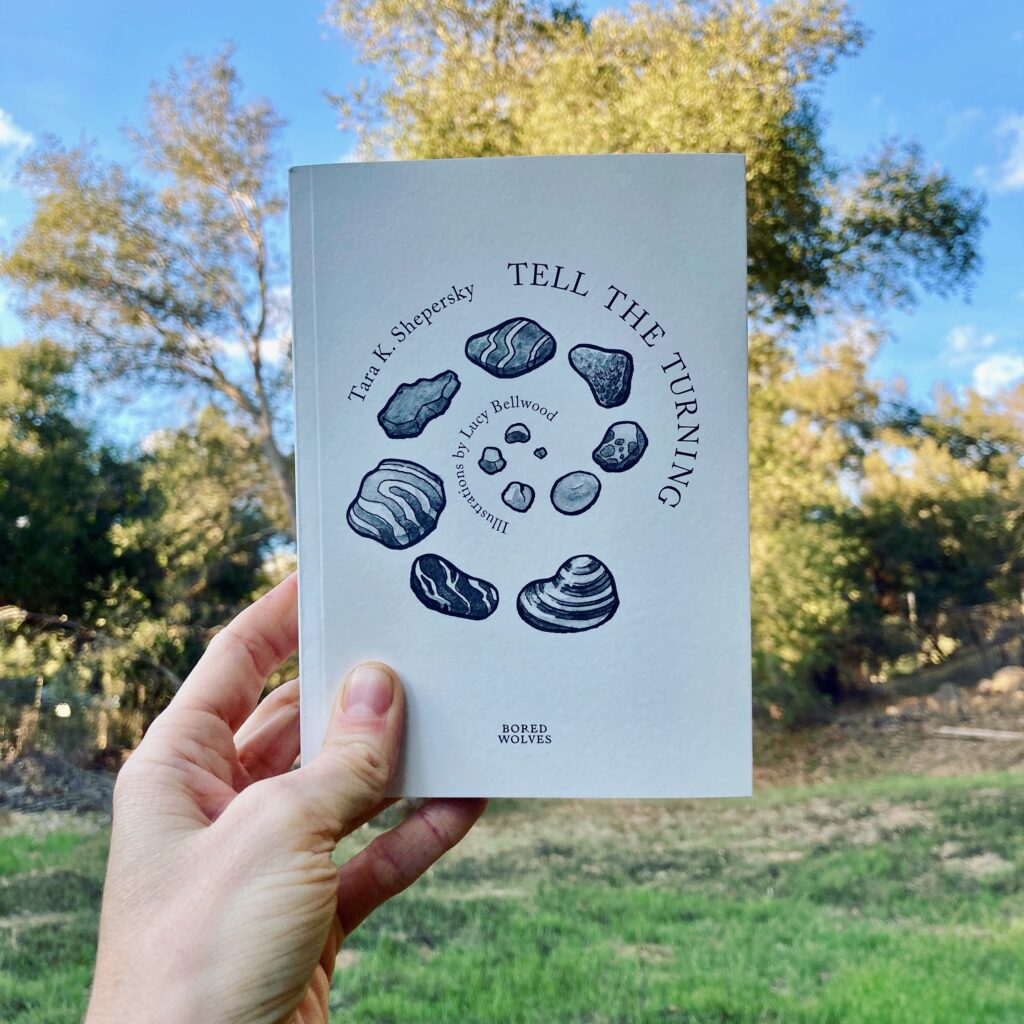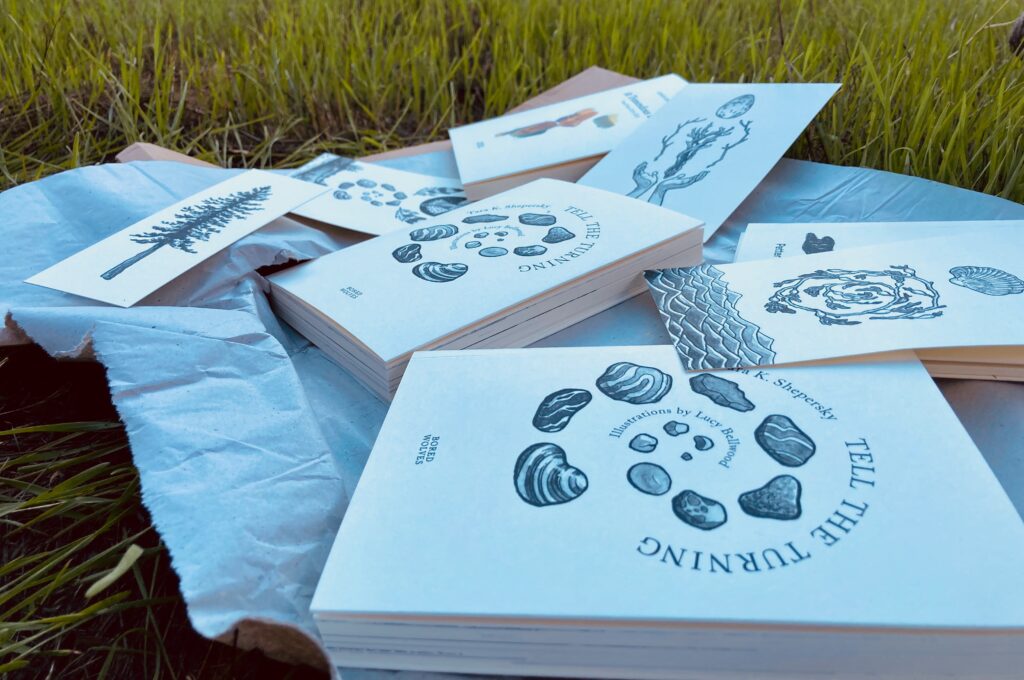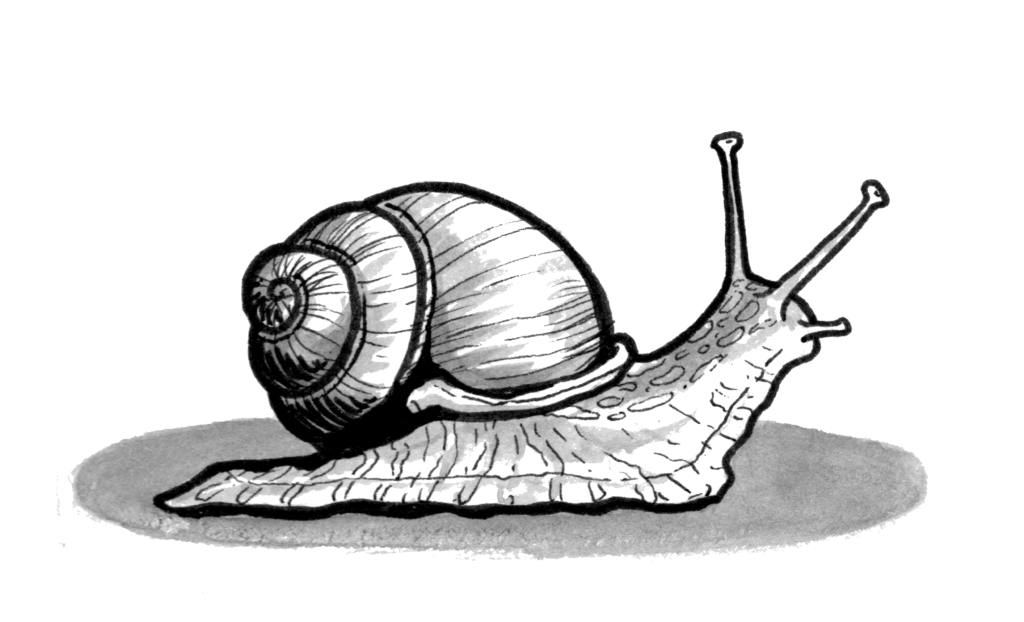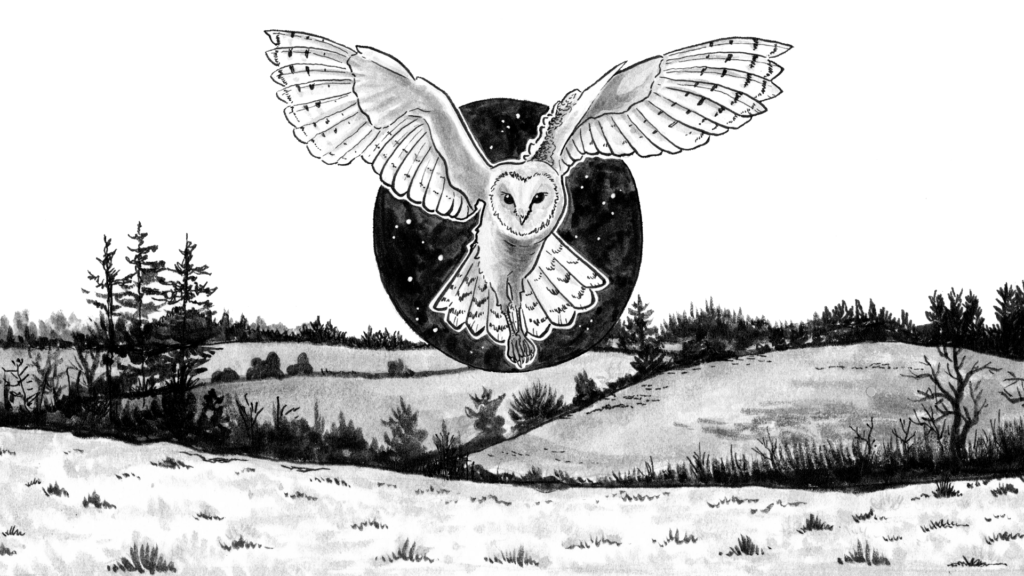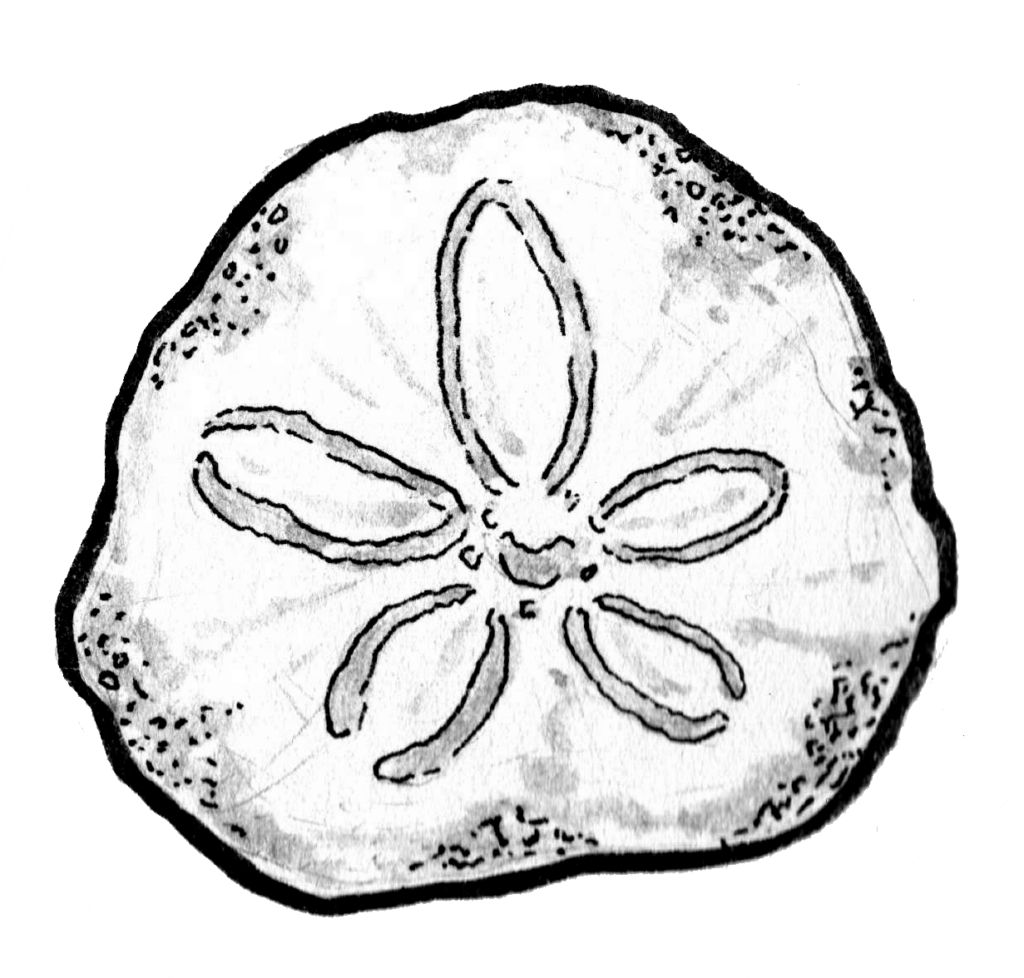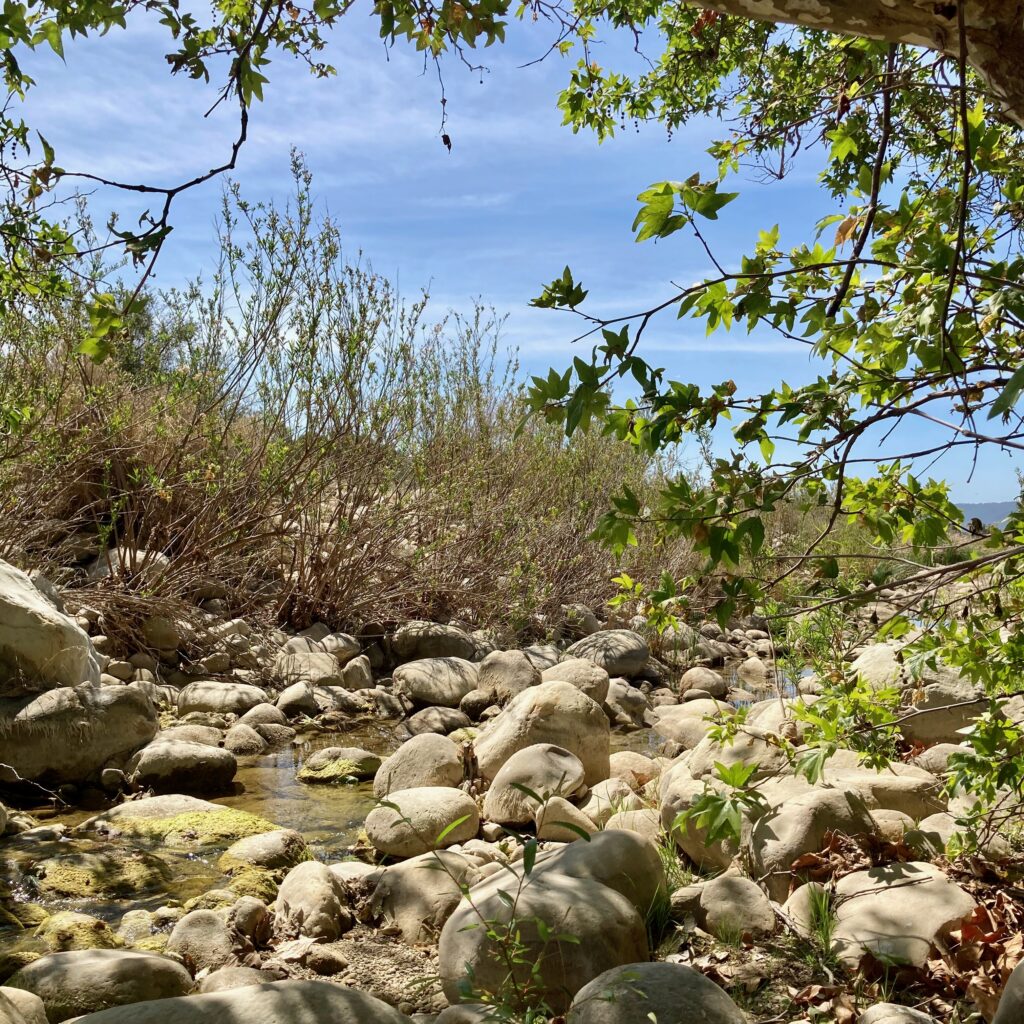In a chapter of Always Coming Home titled “Long Names of Houses,” Le Guin writes:
“It is hard for us to conceive, harder to approve, of a serious adult person not in a hurry. Not being in a hurry is for infants, people over eighty, bums, and the Third World. Hurry is the essence of city, the very soul. There is no civilisation without hurry, without keeping ahead.”
Suddenly I’m thrown back to reading Terry Tempest Williams at the bottom of the Grand Canyon seven years ago; an image I’ve never forgotten of runners trying to outpace the Colorado River.
“The river was red. It was a race; they ran shoulder to shoulder, faster and faster, bodiesbehindandbodiesinfront, inhaling, exhaling, fat-free hearts pumping oxygen into every living cell, the body a machine, sighing, groaning, moaning like one large organism running, running, faster and faster, sweating, puking, shitting, wheezing. They outran the river, faster and faster, every one of them, two feet times thousands tapping, drumming, beating the pavement, faster and faster […]”
They are singing together, these two. (If you’re reading this via RSS, I’d recommend the on-site version for clarity in this next part.)
“The hurry may lurk invisible, contradicted by the indolent pose of the lounger at the bar or the lazy gait of the stroller along the hotel walkway, but it is there, in the terrific engines of the TWA or BSA supersonic planes that brought her from Rio, him from Rome, here to NY, NY for the IGPSA conference on implementation of GEPS, and will rush them back tomorrow, hurrying across the world of cities where there is no tense left but the present tense, every second and tenth of a second and millisecond and nanosecond clocked, the readout always moving a little faster and the A rising.”
“In our human world, we worship speed and desire. We desire money. We assign money to time. What is time worth? Your time. My time. Our time. Talk fast. Work fast. Drive fast. Walk fast. Run. Who ever told us to wear jogging shoes to work? Don’t saunter. Don’t look. Speed walk. Speed dial. Federal Express will fly our thoughts around the world. We do not trust slowness, silence, or stillness.”
“Mozart’s A was a hundred and forty cycles a second, so Mozart’s piano is out of tune with all our orchestras and singers. Our A is a hundred and sixty, because the instruments sound more brilliant tuned up higher, as they all rise like sirens towards the final scream.”
“Stop time. Time? What was my time? What was your time? They are handed their time; for better or worse, their trophy is their time.”
“There is nothing to be done.”
“Where the runners stop, the river continues, a slow, strong current that now meanders through willows.”
“There is no way to heighten the pitch of the instruments of the Valley, no way to abbreviate their institutions and addresses and names to capital letters, no way to get them to move ahead.”
“I am not so easily seduced by speed as I once was. I find I have lost the desire to move that quickly in the world.”
Le Guin published Always Coming Home in 1985, but here I am reading it in 2021. Williams published Red in 2001, but I first read it in 2014. The precipitous time travel of literature never ceases to make my head spin. To discover these things all out of order and yet find them in conversation with each other—so close they could be touching. A thought moving at the speed of light, yet also crawling forward with impossible slowness.
“To see how much I can done in a day does not impress me anymore. I don’t think it’s about getting older. It feels more like honoring the gravity in my own body in relationship to place. Survival. A rattlesnake coils, its tail shakes; the emptiness of the desert is evoked.”
A thought you must think all your life long.
The rattle on the end of a rattlesnake’s tail is called a crepitaculum.
